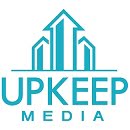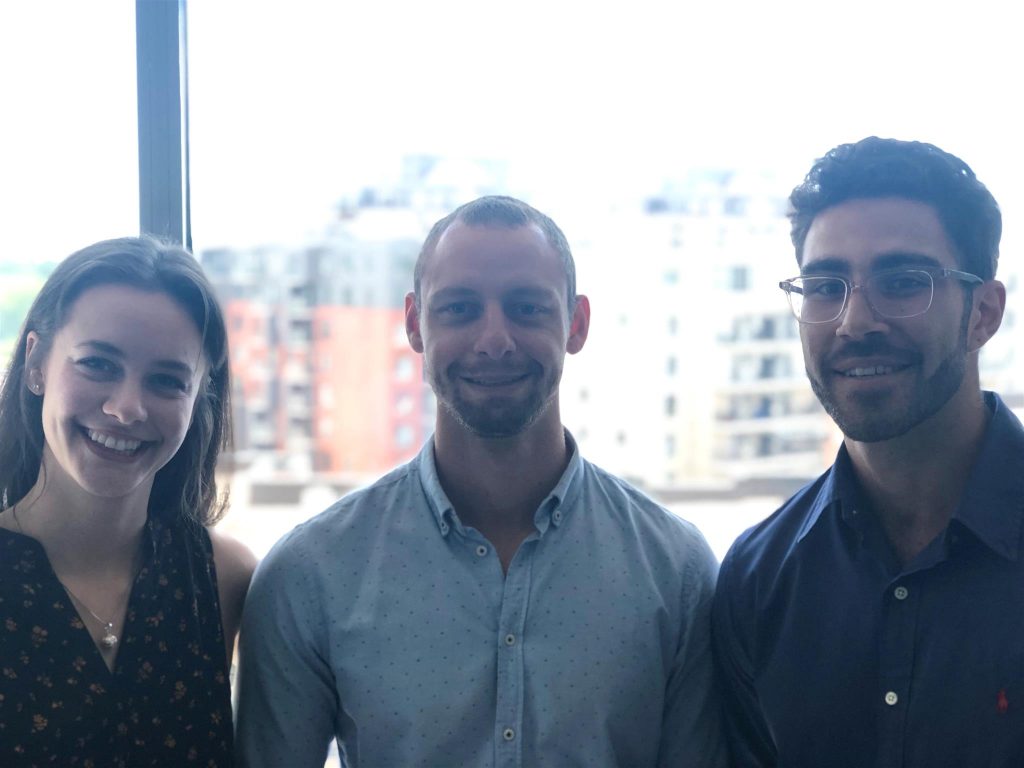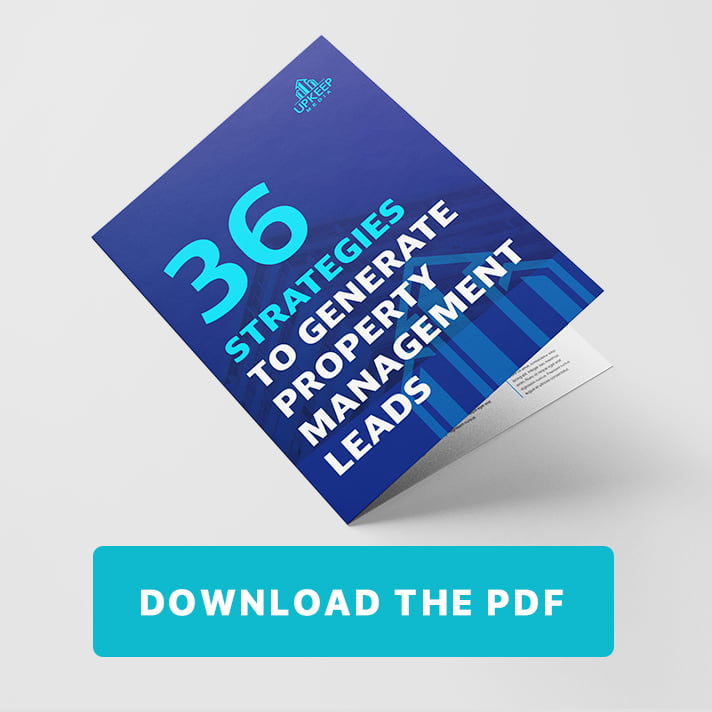Video Transcription
Hey, welcome to our video, we’re going to talk about on-page SEO for property management websites. We’re going to cover the main issues that we see a lot of property management companies have when it comes to on-page search engine optimization.
To get started, we’re going to give you a brief overview of SEO.
What Is SEO
Search engine optimization is the practice of optimizing your website, so that it shows up higher in search engines (Google, Yahoo or BING) for keywords that are relevant to your business.
For example let’s say you’re a Chicago property management company, you would want your website to show up on the first page of Google when someone goes to Google and types in “Chicago property management”.
The reason why this is so valuable is because you know whoever is going to Google to type in Chicago property management, is most likely looking for a property management firm that services Chicago, and doesn’t exactly know which company to go with because they’re clearly doing some research at the moment.
So, to give you a better understanding of SEO, it’s important to understand that it’s basically made up of two components.
1) On-Site Optimization
The first component is called on-page optimization. This is basically everything that has to do with your actual website. This entails optimizing your website in a way that search engines can better crawl it and better understand the content of the website, so they can understand exactly what it is your company does.
2) Off-Page Optimization
The second component is called off-page optimization. This is basically everything that happens regarding your business and your website but in other areas of the Internet. We like to equate this to a car and gas analogy.
Essentially, you can look at SEO as a car. If you take an old beat up 1990 vehicle and you put in premium gas, there’s only so fast it’ll go. Whereas, if you take a brand-new BMW and you put in premium gas, it’s going to go much faster and perform much better. You can think of the BMW as your website, so you want to build up a high-quality website before you start to do off-page optimization, so that it properly reacts to the off-page optimization that you’re doing.
We’ll get into what off-page optimization is in another video but I’m going to continue and just show you some of the main issues we see with a lot of property management websites out there that you can easily fix on your own.
So, the things that I’m going to talk about are:
1) Page titles
2) The URL structure of different pages on your website
3) Content optimization, which is how to properly optimize each page on your website and the main issues we see
4) Image optimization
5) Internal linking
Page Titles For Property Management Websites
The first thing that we often see as an issue with most websites, and probably the simplest thing to fix, are the meta-titles of every page on your website. This is essentially the title of a page and it’s important that you never leave this auto generated. You always want to have a natural looking page title. The best way to do that is check what’s already ranking for the keywords you’re looking to rank for.
For example, if I’m looking to rank for the term “Chicago property management” I would go to Google and type in Chicago property management. I would want to see, what are the page title that the companies that are showing up on the first page using and then I want to use that for my website.
Generally, in your page title you want to have the area that you’re looking to service and the service you provide. You’ll see here an example where it says “Chicago property management-Johnson Realty.”

This is an example of a good page title. It has the area they service, which is Chicago. It has the service they provide, which is property management, and then has their company name.
Meta Descriptions
Another area where we see a lot of issues are the meta descriptions. Meta description is basically the description that users see in search engines when they find your company. So, you’ll see here as a print screen, basically I have an example and the meta description is surrounded by a red box.

Meta descriptions aren’t actually important when it comes to ranking in search engines. But they’re extremely important when it comes to how a user reacts to finding your website on a search engine results page. If users see a meta description that isn’t enticing or that isn’t even relevant to what you do then they’re not going to click through to your website. So, it’s important that you have meta descriptions that are enticing and that are actually going to compel users to click through to your website and check out a bit more information about your company.
URL Structure
Another big area we see issues with are URL optimization of websites. Google prefers short and clean URLs.
An example of a bad URL would be:
https://www.countypm.com/blog/advantages-of-working-with-a-property-management-company
I got tired basically just reading that out loud. A search engine gets tired of having to look at all these words. They’re smart enough that they can piece together the main keywords and then read the content that’s actually on the page to understand what the page is about. They prefer URL’s to be shorter.
To show you an example of how I would basically re-do the bad URL, I would just shorten it to make it:
https://www.countypm.com/blog/advantages-property-management
Google can see that you’re talking about the advantages of property management. They can then read the content on the page to get a better understanding of what the web page is about and they’ll appreciate the fact that they didn’t have to read through a long URL. This brings us to our next point, which is content optimization.
Content Optimization
This is basically the content that’s actually on the web page. It’s extremely important to have good content and one thing about content is the length matters. You want to always aim for somewhere between 700 to 1000 words of content on any page you’re looking to rank when it comes to a property management business.
This means on your home page you want to look to have around a thousand words of content. You can easily do this by talking a little bit about the services you provide in a bit more detail. Don’t just say we provide property management services. Go into a bit more detail about what property management services are. You can talk about that you provide tenant screening, help with evictions, collect their monthly rent, etc. Go into a bit more detail regarding your services and that will help you bring up the length of words that you have on the page.
Header Tags
Another thing that’s extremely important is H1 tag. The URL, the page title and the H1 tag are the three most valuable pieces of real estate on any web page.
For the H1 tag, you always want to look to include a synonym of the keyword you’re trying to rank. So, if we stick with the Chicago property management example, we want the page title to have “Chicago property management”. Then we want the H1 tag to have some sort of synonym of the keyword. So, rather than having Chicago property management in the H1 tag, we would look to have something like Chicago rental management or Chicago property manager. Something that’s not identical to the exact words you have in the page title but that’s still relevant to the service you provide and the area you service.
Write Naturally
The most important part of content optimization is you want to write naturally. Don’t just say, okay I want to rank for Chicago property management, so I’m going to include that in my content 62 times. That’s terrible for two reasons:
1) When someone actually lands on your page and they’re reading the content, they’re going to think right away “what the heck is this?”. They’re going to leave the website because it doesn’t sound natural, it sounds like it is made for robots.
2) Google and all search engines nowadays are smart enough to recognize when someone is trying to stuff their keyword into their content. They’ll actually penalize you for doing that.
You want to include your keywords in your content in a natural way but you don’t have to include it ten or fifteen times. Having it in your page title, having a synonym in your H1 tag, and then just including the keyword a few times in the actual content of your page is enough. Search engines can understand, they are very smart nowadays and they like natural sounding text.
Image Optimization
Another common issue we see with a lot of property management websites is image optimization. To gain an understanding of how search engines work, they can’t see images in the same way that human beings can. So what they do is they read the code of the image. That code is an area called the Alt tag of the image. So, you want to go into the back end of your website and just change the Alt tag to naturally describe the image.
Let’s say you have a picture of a property manager helping out one of the tenants. You wouldn’t want to stuff your keywords in there. Meaning, if you’re trying to rank for “Chicago property management” you wouldn’t want to stuff Chicago property management into the Alt tag. You would want to describe the picture naturally. So you would want to write in “picture of the Chicago property manager helping out one of his tenants”.
Internal Linking and Topical SEO
The last point that not many property management websites use effectively is internal linking and topical SEO.
Internal Linking
Interlinking is basically sending a link from one web page of your own website to another web page of your website. You want to do this using keywords and synonyms of the keywords that you want to rank for.
So, let’s say that I’m trying to rank for Chicago property management on my home page and I have an About Us page. On the About Us page, I would want to send an internal link to the home page. That internal link would use text that’s relevant to Chicago property management. For example, you could write “a Chicago based property management company” and then send an internal link from that text to your home page.
Topical SEO
The last point is topical SEO. What you want to do is have a lot of content on your website that describes the services that you provide and the areas you provide them in. You want to create blog posts and other pages on your website to add relevancy regarding property management. The more quality content you have on your website related to property management, the better understanding a search engine will have regarding your website. This will allow them to understand exactly what your company does and the areas that you service. This will allow them to show your website higher up in search engines.
Google’s goal is to show the best results to their users for the queries that they’re searching. They take the length of content on a website and say “Is this providing a lot of information for users?” If it is, then they’ll trust it more and rank it higher in search engines.
Rich Media
One last little detail is rich media. Video content really helps. Producing videos that answer questions for your ideal clients is a great way to rank higher in search engines. Google likes seeing videos on websites. It’s also a great way to get people to stick around on your website. They’ll actually listen to the videos and that will help them gain an understanding and builds some trust with your company, see your face possibly, and basically help them understand the benefit of working with your company.
You can film videos now on your iPhone or your smartphone. It’s very simple and then you can upload this onto your website. Google loves seeing that because it’s rich media and it shows that you’re providing value for the people that visit your website.
So, thanks for watching, we’ll be providing a lot more videos coming up in the future. You can also visit us on Facebook at Facebook.com/upkeepmedia and if you enjoy this training like our page and subscribe to our YouTube channel, we’ll be coming out with many more YouTube videos in the near future that you can use to grow your business. Thanks!



